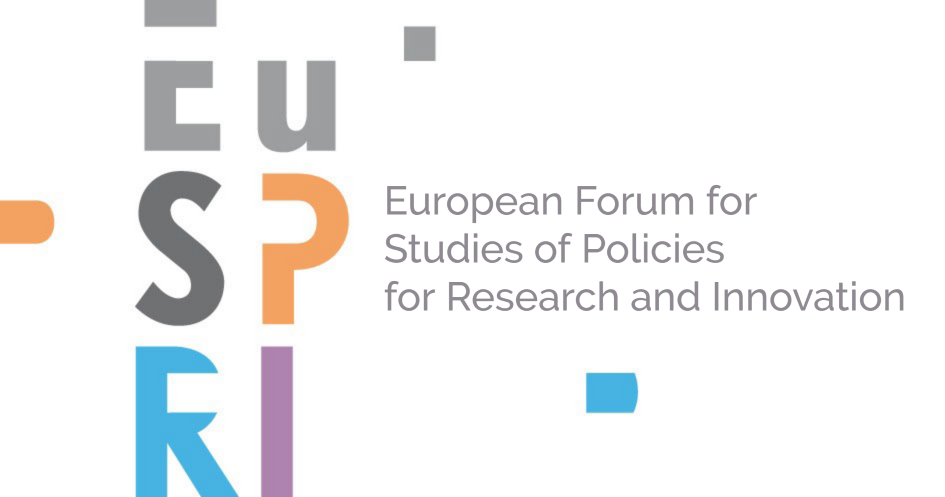Contact person: Wittmann, Florian (Karlsruhe (DE) Fraunhofer Institute for Systems and Innovation Research (ISI))
Stimulating acceleration and avoiding deceleration of transformation: Concepts, challenges, empirical evidence and best practices
Authors: Florian Wittmann, Annegret Stephan, Ralf Lindner, Jakob Edler, Alejandro Nuñez-Jimenez, Jonathan Köhler, Aline Scherrer, Carsten Schwäbe, Henning Döscher
Keywords: Acceleration of transformation, transformative innovation policy, transformation
Abstract
Many existing on-going transformations such as decarbonization, the preservation of biodiversity or the establishments of circular economies, are facing multiple challenges, highlighting the need for increased policy efforts. This is due to on-going transformations failing to achieve national or international targets such as limiting global warming to 1.5°C (e.g. IPCC 2023), and/or existing timelines being insufficient to meet the formulated goals, requiring a reformulation of goals and trajectories. Moreover, geopolitical dynamics can additionally increase needs for an acceleration of transformations. The EU, for example, argued for an acceleration of the European energy transition in response to the Russian attack on Ukraine (Herranz-Surralles, 2024).
However, while transformative (innovation) policy already requires new approaches and capacities of the state and faces multiple constraints in implementation (e.g Edler/Boon 2018; Kattel/Mazzucato 2018; Kuhlmann/Rip 2018; Mazzucato 2018; Schot/Steinmueller 2018; Köhler et al. 2019), the need for accelerating the speed of transformation imposes additional constraints. This includes a higher degree of resource mobilization, simultaneity of activities and potential trade-offs and immediate costs, limited time for experimentation etc. In addition, current political developments cast doubts on the commitment to a transformative reform agenda, putting recent efforts under the risk of delay or even a potential backlash/roll-back of transformation. Recent examples include attempts for a renegotiation of the European Green Deal or the prospective policy change in the US after the reelection of Donald Trump.
While the focus in academic research has started to shift from a general understanding of innovation and transformation processes towards accelerating transformation from different perspectives (e.g., sustainability transition, mission-oriented policy, policy analyses, energy system modelling), our conceptual understanding and methodological approaches on the specific element of acceleration of transformation, are still underdeveloped. This calls for more research to consolidate and advance our insights into underlying processes, challenges, and empirical evidence including best practices and considering different approaches and perspectives to accelerate transformation in ways ensuring that globally agreed transformational targets are being met.
The track aims to improve our understanding of acceleration of transformation by bringing together different understandings based on theoretical and empirical insights. We plan sessions of advanced (full) papers and early-stage research covering empirical, modelling and conceptual papers to discuss issues related to the following topics/questions (non-exhaustive list):
Conceptualization
• What differentiates acceleration of transformation from on-going transformation? Which types of acceleration of transformation exist?
• What are key leverage/access points (temporal/spatial) for accelerating transformations? What kinds of windows of opportunities (Sartorius/Zundel, 2005) can be used to facilitate the acceleration?
Methods and measurement
• What are methodological approaches to analyze acceleration of transformation? (How) can we measure acceleration of transformation processes?
• How can models contribute to a better understanding of acceleration of transformation? How can acceleration of transformation be reflected in modelling approaches?
Policy and Governance
• How can (innovation) policy and its approaches (e.g. mission-oriented policy) contribute to acceleration of transformation? What are limits? Which kind of policy instruments, capacities and governance structures are necessary to facilitate acceleration of transformation?
• What are key bottlenecks and challenges for policymakers to accelerate transformation?
Limits
• How much acceleration is feasible? What are trade-offs and conflicts, e.g. regarding different areas of change (sustainability, economy, politics, public opinion etc.)?
• How can acceleration efforts remain resilient to changing policy contexts and potential policy backlashes? What role do exogenous shocks play for acceleration?
• How can strong forces towards deceleration be detected, and problematized?
Empirical evidence
• What are empirical examples of successful (attempts for) acceleration of transformation at different levels (national/regional/local) today or in the past? Why did acceleration work in these cases but not in others? What are conditions supporting/necessary for acceleration of transformation?
